- Home
- Brands
-
Online Showroom
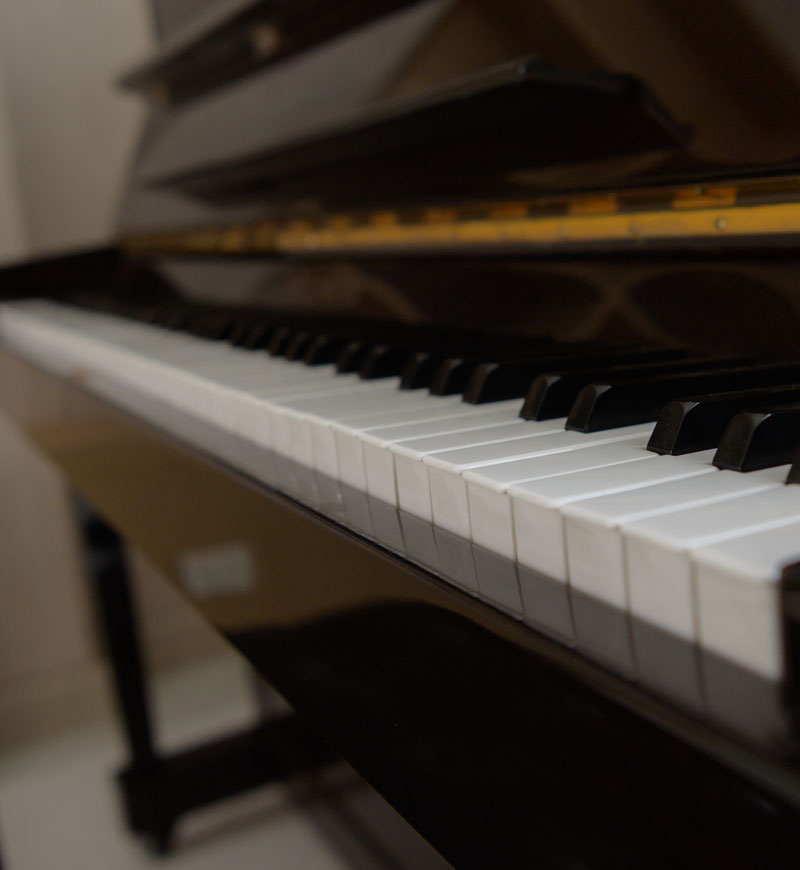
UPRIGHT PIANO
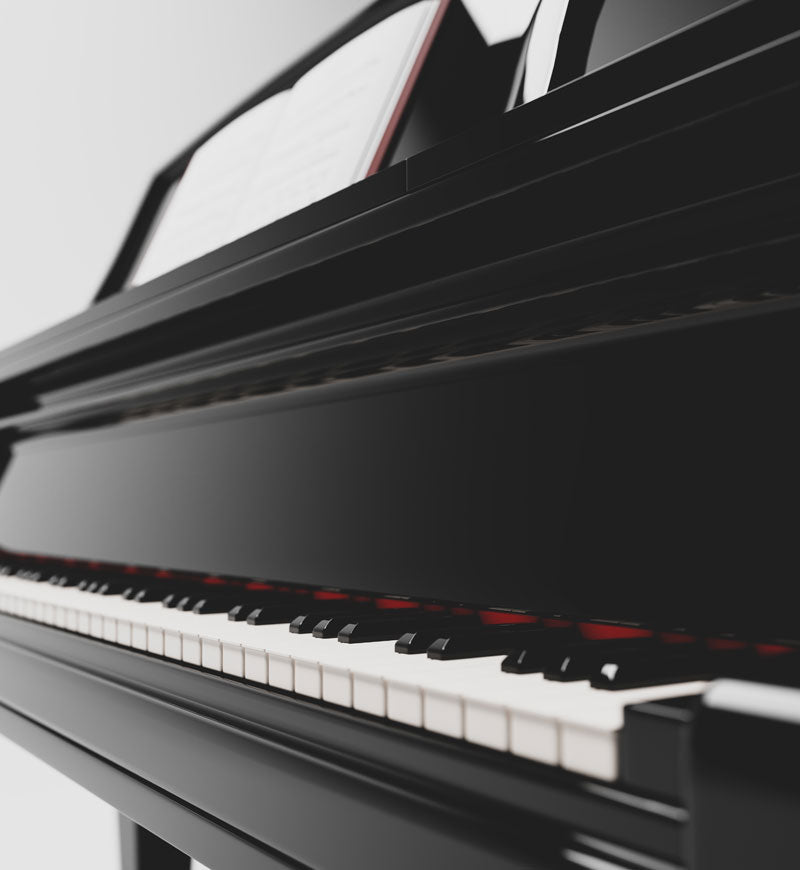
GRAND PIANO
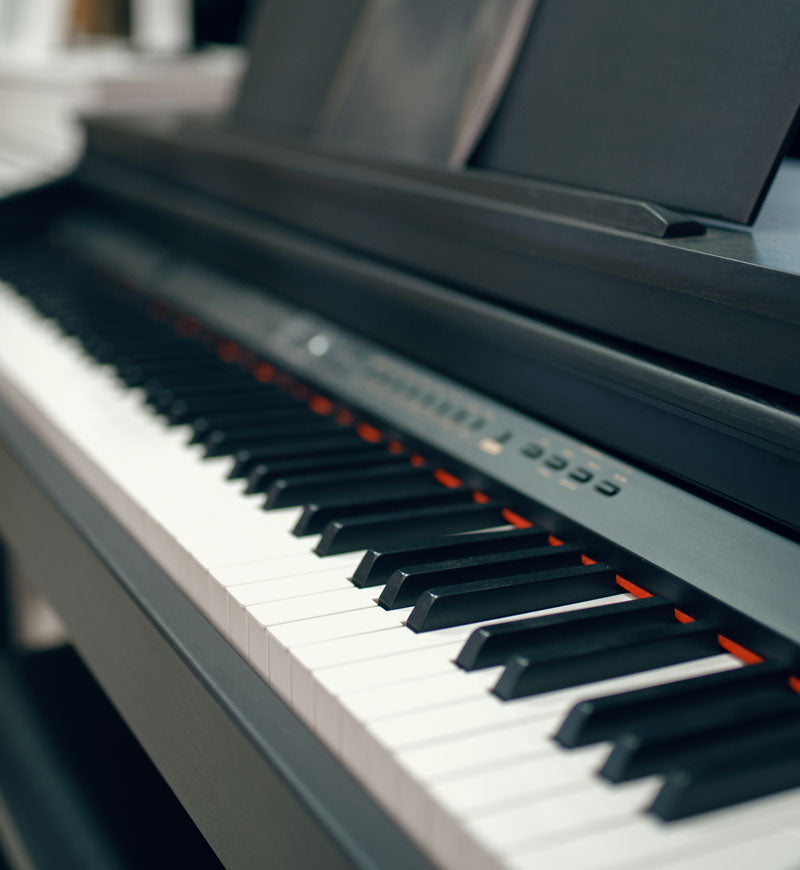
DIGITAL PIANO
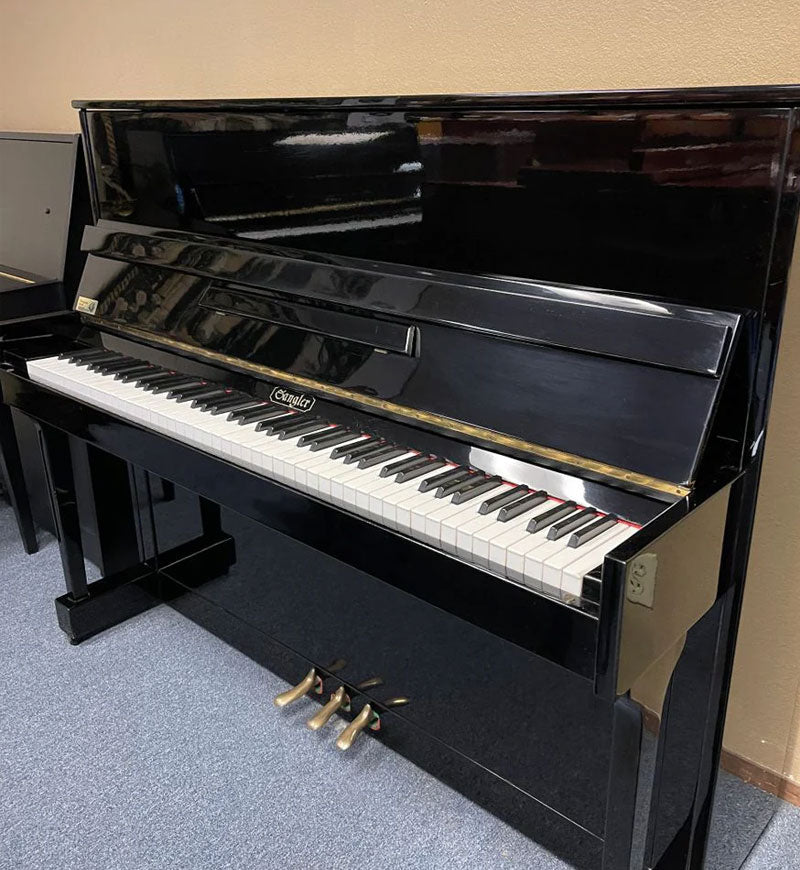
STUDENTS COLLECTION
Starting from
$499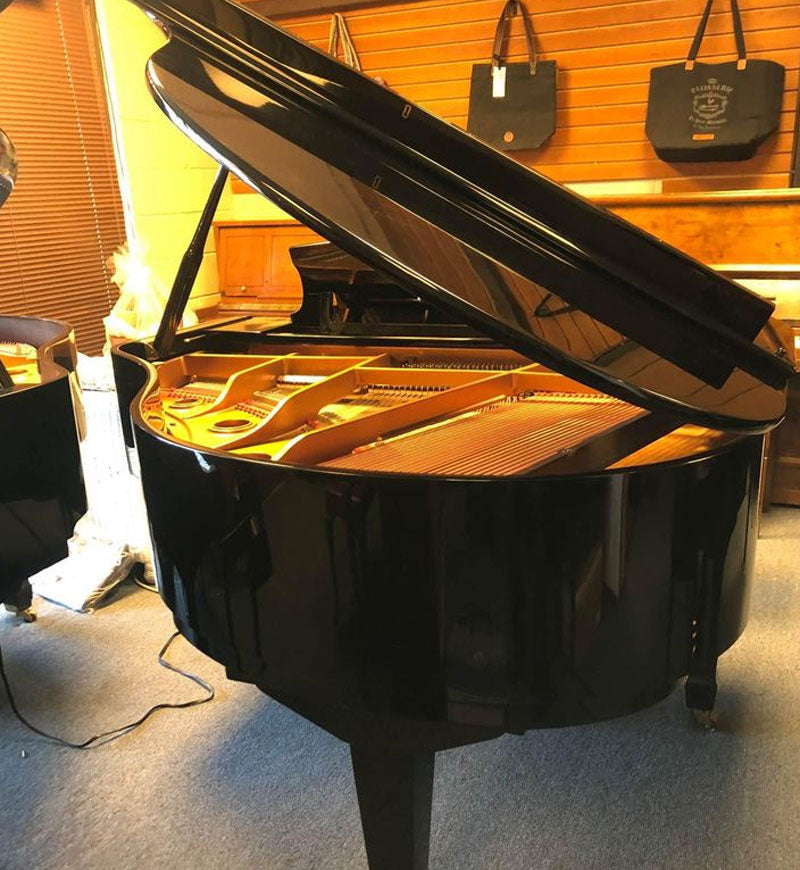
PLAYER PIANOS
- Consignments
- Rentals
- Tuning & Repairs
- Sell To Us
- Piano Moving
-
Home
K. Kawai Baby Grand Piano-Model 500-Ebony Finish
$9,995.00 $7,995.00
Excellent Condition kawai Baby Grand Piano-Model 500-Ebony Finish. Beautiful tone-quality with responsive action. Parlor Grand Size with resounding sound quality at 5'8". Regulated and tuned to perfect pitch. Great playing piano...
★★ Guaranteed Satisfaction with our 100% unlimited trade-up policy ★★
★★ Have an old piano? We have a 5-star trade-in program that will help you replace your current piano with a piano you prefer ★★
Description
Excellent Condition kawai Baby Grand Piano-Model 500-Ebony Finish. Beautiful tone-quality with responsive action. Parlor Grand Size with resounding sound quality at 5'8". Regulated and tuned to perfect pitch. Great playing piano for advanced student or player.
Here we have a reconditioned Kawai No. 500 Grand Piano
Make: Kawai
Model: No. 500
Finish: (PE) Ebony
Status: Used/Reconditioned
KAWAI PIANOS
Koichi Kawai, the company founder, was born in Hamamatsu, Japan in 1886. His neighbor, Torakusu Yamaha, a watchmaker and reed organbuilder, took him in as an apprentice. Kawai became a member of the research and development team that introduced pianos to Japan. Yamaha died in 1916, and in the 1920s the piano industry faltered in Japan. New management took over control of Yamaha’s company, Nippon Gakki Co. (later renamed the Yamaha Corporation), and began to diversify its production line. This led Kawai to leave Nippon Gakki in 1927 and found the Kawai Musical Instrument Research Laboratory.
After Koichi Kawai’s death in 1955, his son, Shigeru Kawai became company president at 33 and expanded production facilities. In 1980, he opened the Ryuyo Grand Piano Factory. Shigeru Kawai was president of the Kawai company from 1955 to 1989, chairman from 1990 until 2002, and a company consultant until his death in 2006 at 84.
Shigeru Kawai’s son, Hirotaka Kawai, was appointed president in 1989. He integrated advanced robotics into the manufacturing process, established Kawai manufacturing facilities around the globe, and oversaw the introduction of several new series of grand, upright and digital pianos.
The Kawai Musical Instrument Manufacturing Company distributes acoustic and digital pianos to over 80 countries.
Since the 1970s, Kawai has pioneered the use of alternative materials to improve the consistency and stability of piano performance. In 1971, the company began to use acrylonitrile butadiene styrene (ABS), a composite material, for parts of its piano actions to overcome the problems associated with the use of wood. Kawai design engineers reasoned that the tendency of wood to shrink and swell significantly with changes in humidity made it less than ideal for use in a piano action, where exacting tolerances must be maintained to ensure stable piano touch. So they gradually replaced selected wooden action parts with ABS parts that they believed would remain more stable, particularly over time as their pianos age.
According to Kawai, scientific tests conducted by Professor Abdul Sadat at California Polytechnic University in 1998 found that Kawai’s ABS action parts to be stronger than comparable wooden parts and far less susceptible to shrinking and swelling due to humidity. Kawai advertisesthat its use of composite parts makes its piano actions more stable and consistent than those made by other manufacturers.
In 2002, Kawai introduced its Millennium III grand piano action with ABS-Carbon, a new composite material that combined ABS with carbon fiber. The new material (dubbed ABS-Carbon) increased the strength of Kawai action parts, reducing their weight, which made the overall action operate faster (very important for control when playing repeated notes or trills). The addition of carbon fiber also increased the stiffness of ABS-Carbon action parts, allowing the action to produce more power for the player with less effort. Kawai contends that these advances in materials and design help its Millennium III action respond more accurately to the player’s intentions with greater consistency over time.
Additional Information
| Color | Ebony |
|---|
Refund & Shipping
All Sales are Final. Trade-ins and /or Consignments are acknowledged as the sole owner of the customer and are free from all liens. Policy for authorized return is the sole discretion of Washington Pianos. Delivery costs and a 10 percent restocking fee will be charged if the return is authorized. An inspection by a Washington Pianos technician will be made before all returns, and any instrument damage will be assessed and paid in addition to delivery charges and restocking fee before pick-up.



























